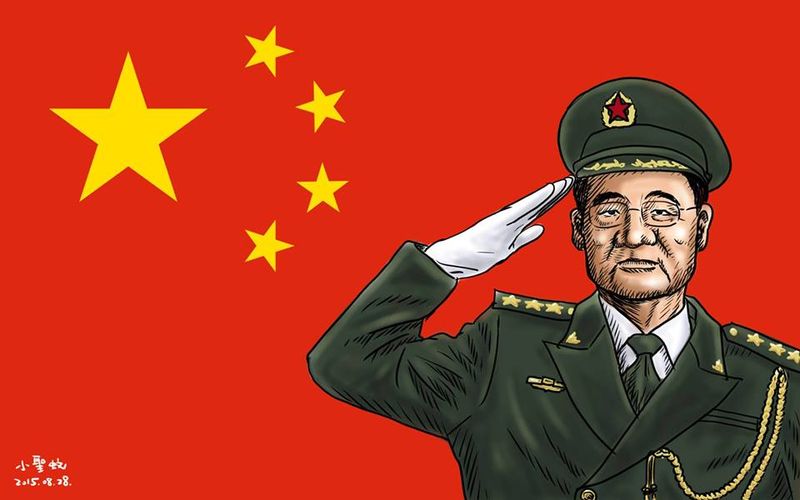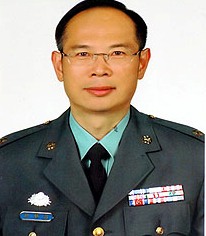Taiwan's China Post, denouncing the country's main independence party's efforts to prevent recognition of Chinese diplomas in Taiwan:
. . . [sovereignty-minded] legislators would deny Republic of China students the right to determine their own futures. They would deny them the right to attend mainland universities. They would deny them the right to obtain a higher education because they could not afford the tuition on Taiwan.
Let's leave aside the irony of the China Post now posing a champion of the individual (the paper which obsequiously applauded Taiwan's martial law-era rulers as it mercilessly crushed the rights of individuals for 40 years).
No, let's instead look at the security implications of the policy. Mr. Peabody, if you'll do the honors and set the Way-Back machine back to the 1970s:
Western liberals, politicians and academics alike saw higher-education exchange programs [with East Germany] as a chance to foster mutual understanding between the superpowers. But for Communist spymasters such as Markus Wolf, the wily head of East Germany's foreign-espionage service, the Hauptverwaltung Aufklarung or HVA, foreign-intelligence wing of the Stasi, the programs had one use only: They served as a rich source for recruiting American and British students as long-term penetration agents who could be groomed to work their way into government jobs in their own countries — or into other influential spots in journalism, business, higher education (including scientific and technical studies) or the military.
[…]
Based on a huge cache of hitherto secret East German intelligence documents, including complete Stasi mole files of two British academics code-named "Armin" and "Diana," Insight/BBC has established the Stasi had a high recruitment success rate among American and British exchange students. "Regardless of whether these were students from Britain or other countries, as a general rule one out of 10 attempts to recruit someone for the secret service were successful," says Pieter Richter, a former HVA analyst. [emphasis added]
There you have it. A full TEN PERCENT of American & British students who studied in East Germany returned home as communist spies.
What would the number be for Taiwanese students studying in China, I wonder? Fewer language barriers. Fewer cultural differences to work against their recruiters' effectiveness. A "Greater China" mentality already inculcated into many of them by a Chinese nationalist educational establishment . . .
So I'll say 20%. Yes, twenty percent. Give or take some change.
Postscript: I seem to recall blogging on this subject a couple years back, and that 10% figure seems to ring a bell. Worth repeating now, now that the policy isn't just a hypothetical anymore.



